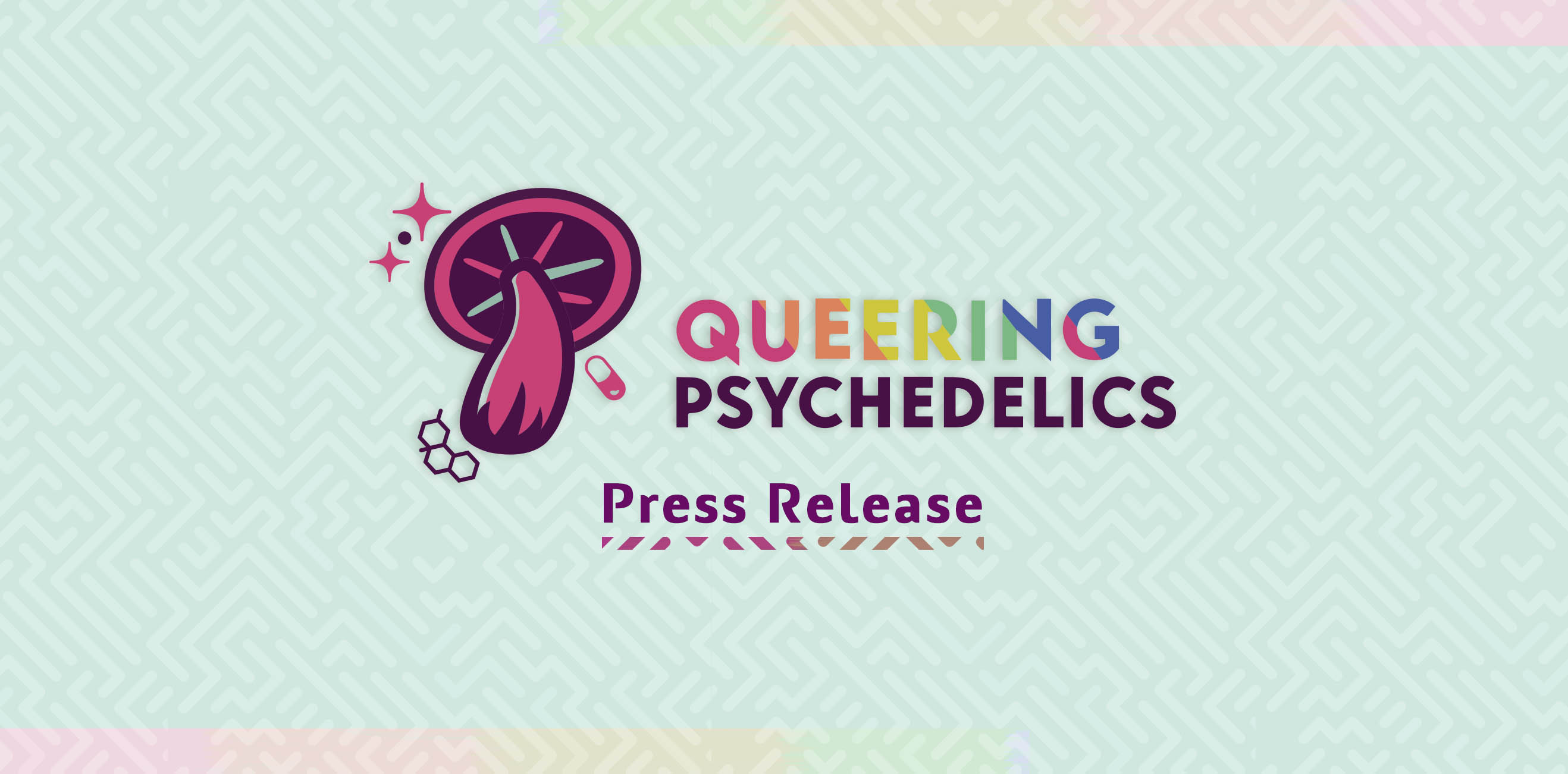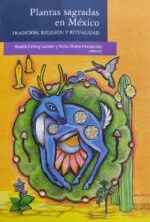We’re now almost two decades into the Psychedelic Renaissance, with clinical trials investigating psychedelics for a number of therapeutic applications at leading universities. There has been little discussion, however, about how these substances might be used to heal the disproportionate rates of depression, anxiety, and other mental health conditions in the LGBTQI+ community. There has also been little discussion about how the perspectives of people within the queer community might enrich the psychedelic movement.
On June 1st and 2nd, Queering Psychedelics, the first-ever conference highlighting queer visionaries in the psychedelic community, aims to change that. This conference, held at the Brava Theater Center in San Francisco, will involve four threads: the historical relationship between the gay movement and psychedelics; indigenous perspectives on psychedelics, gender roles, and identity; how modern psychedelic research might address the unique needs and traumas of sexual and gender minorities; and the relationship between queerness and psychedelics.
“This is not a field that has previously existed,” says Bia Labate, founder of the Chacruna Institute for Psychedelic Plant Medicines, the organization sponsoring the conference. “We’re trying to create it. We’re inventing a framework, a narrative, hoping to establish parameters for this conversation to be held.”
Over two days, there will be 13 keynote speakers, 3 intimate breakout sessions with conference attendees, and one panel. Among the speakers will be Steve Silberman, a New York Times-bestselling author, and Erik Davis, an award-winning writer and a PhD in religious studies, discussing the overlooked contributions of the queer community to the psychedelic movement; Clancy Cavnar, a psychologist who will be speaking on how psychedelics can be used as a tool for sexual and gender minorities to accept themselves; and Kanyon Sayer-Roods, a Costanoan Ohlone and Chumash woman, who will be talking about the importance of the two-spirit identity among indigenous groups.
Researchers from universities at the forefront of psychedelic science will also be presenting. Brian Anderson, MD, will unveil findings from the first-ever psychedelic study specifically targeting people in the LGBTQI+ community. His research at University of California, San Francisco, involves giving psilocybin to long-term HIV/ AIDS survivors, many of whom are still coping with the stress and grief from the AIDS epidemic. Alexander Belser, a Fellow in the Department of Applied Psychology at New York University, will be talking about how psychedelic research can be more inclusive for people in the LGBTQI+ community. “The extra stress experienced by sexual and gender minorities is very real,” says Belser. “We would expect it to affect their experience of depression, for example, and also the efficacy of something like psilocybin-assisted psychotherapy to treat depression, but these remain open research questions because they haven’t been formally studied and that’s really problematic.”
Queering Psychedelics is part of Chacruna’s Women, Gender Diversity, and Sexual Minorities speaker series. Chacruna is an organization that provides public education and cultural understanding about psychedelic plant medicine. Chacruna’s conferences aim to foster cultural and political reflections on the field of psychedelic science, and give a platform to underrepresented voices.
Conference website: https://chacruna.net/queering-psychedelics/
For more information: Alexander Theberge at: [email protected]
Take a minute to browse our stock:
Did you enjoy reading this article?
Please support Chacruna's work by donating to us. We are an independent organization and we offer free education and advocacy for psychedelic plant medicines. We are a team of dedicated volunteers!
Can you help Chacruna advance cultural understanding around these substances?















